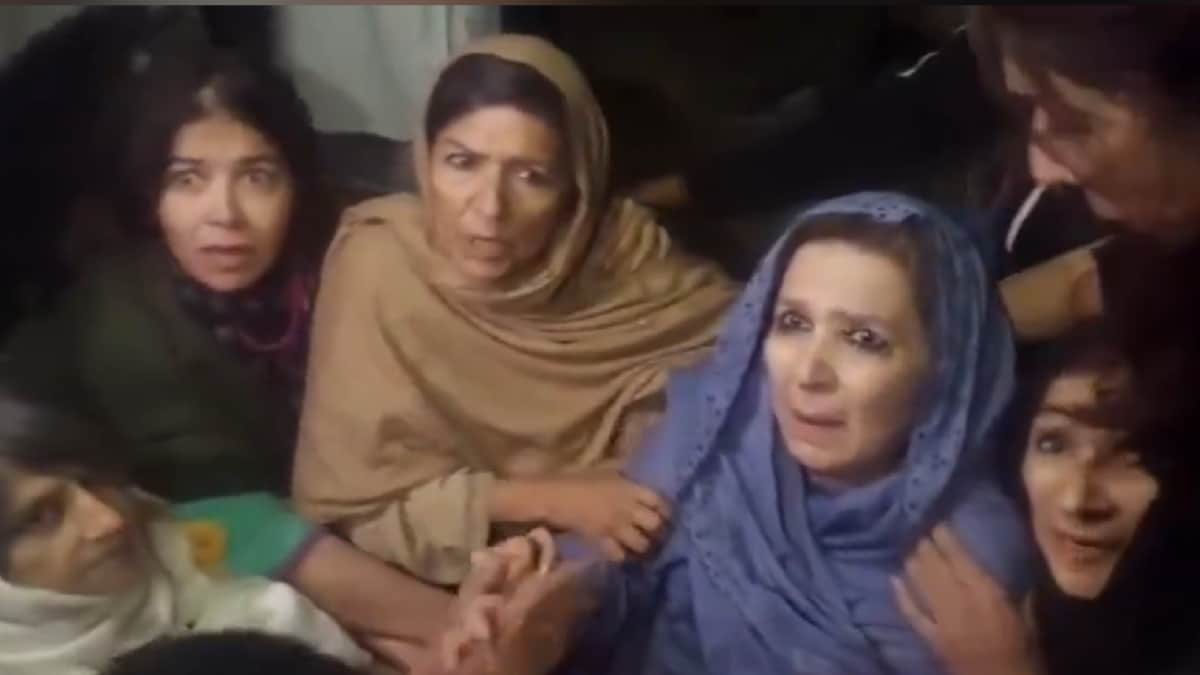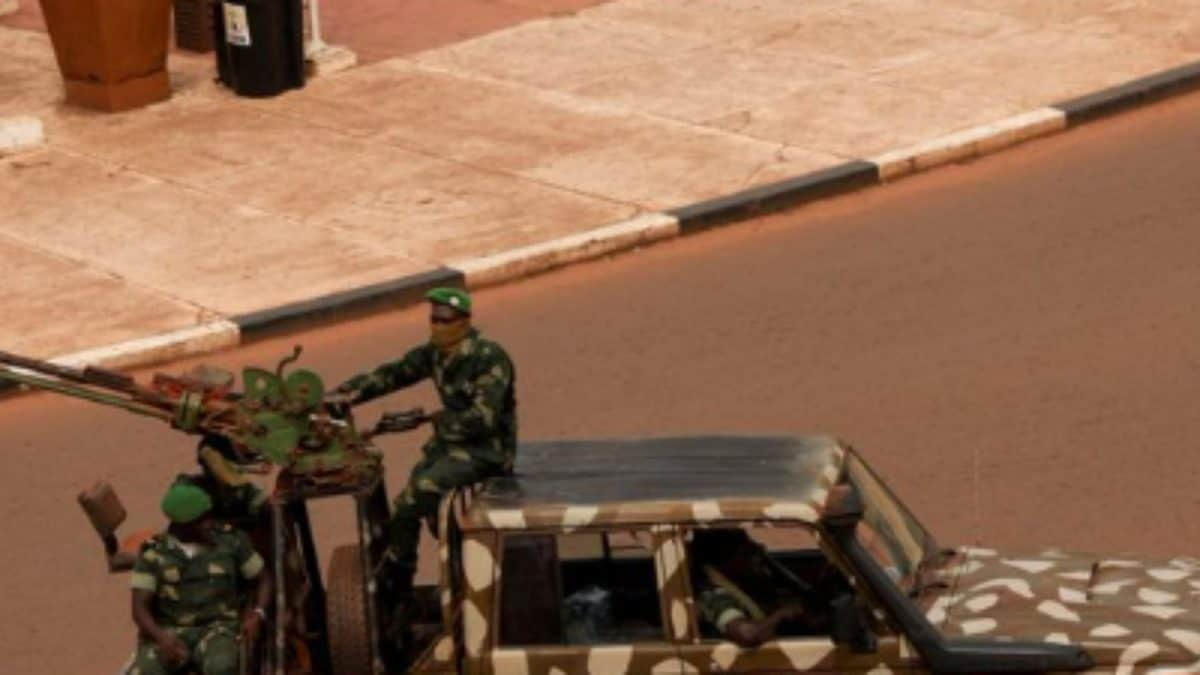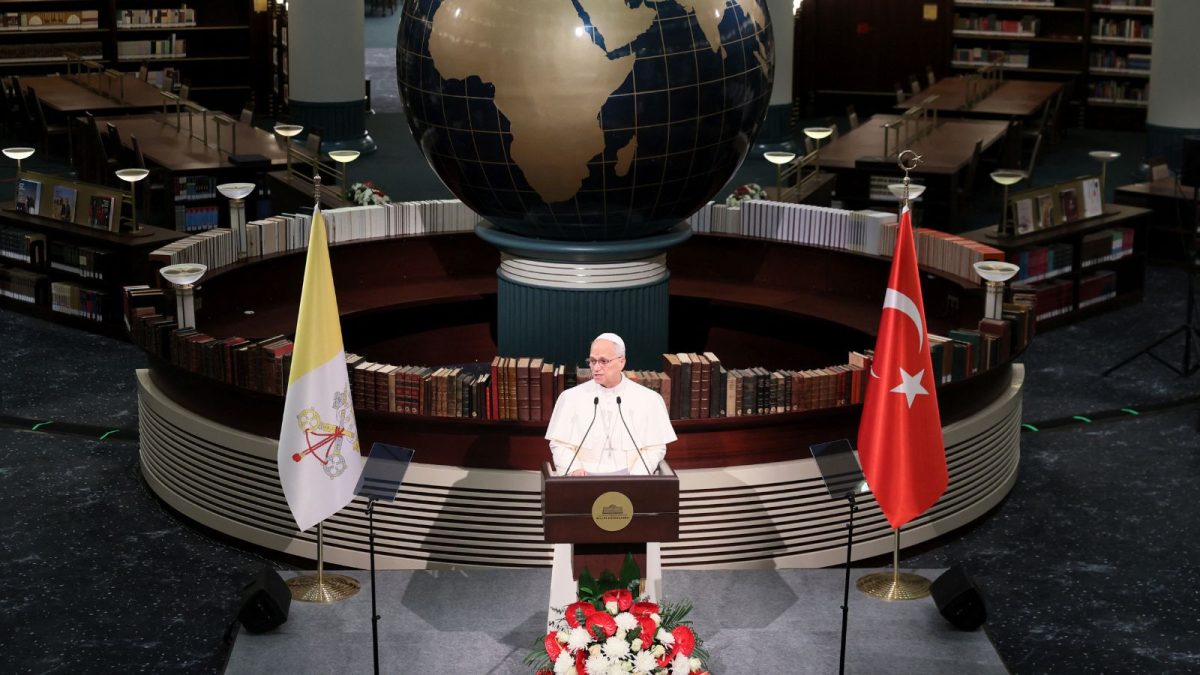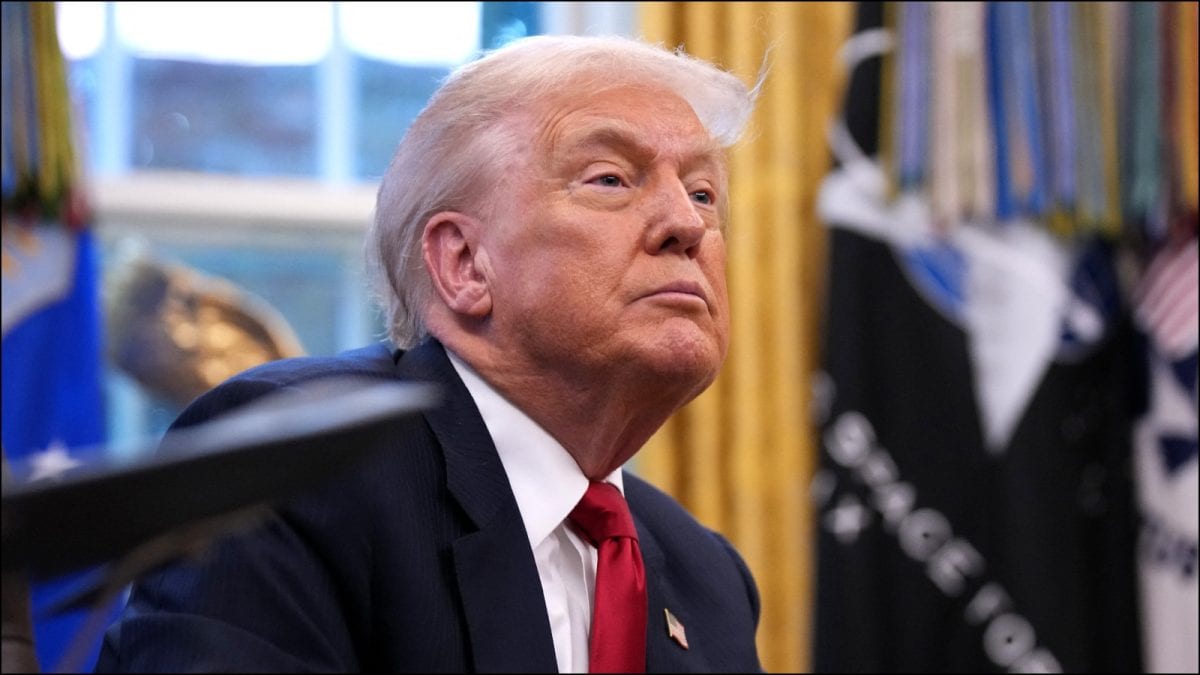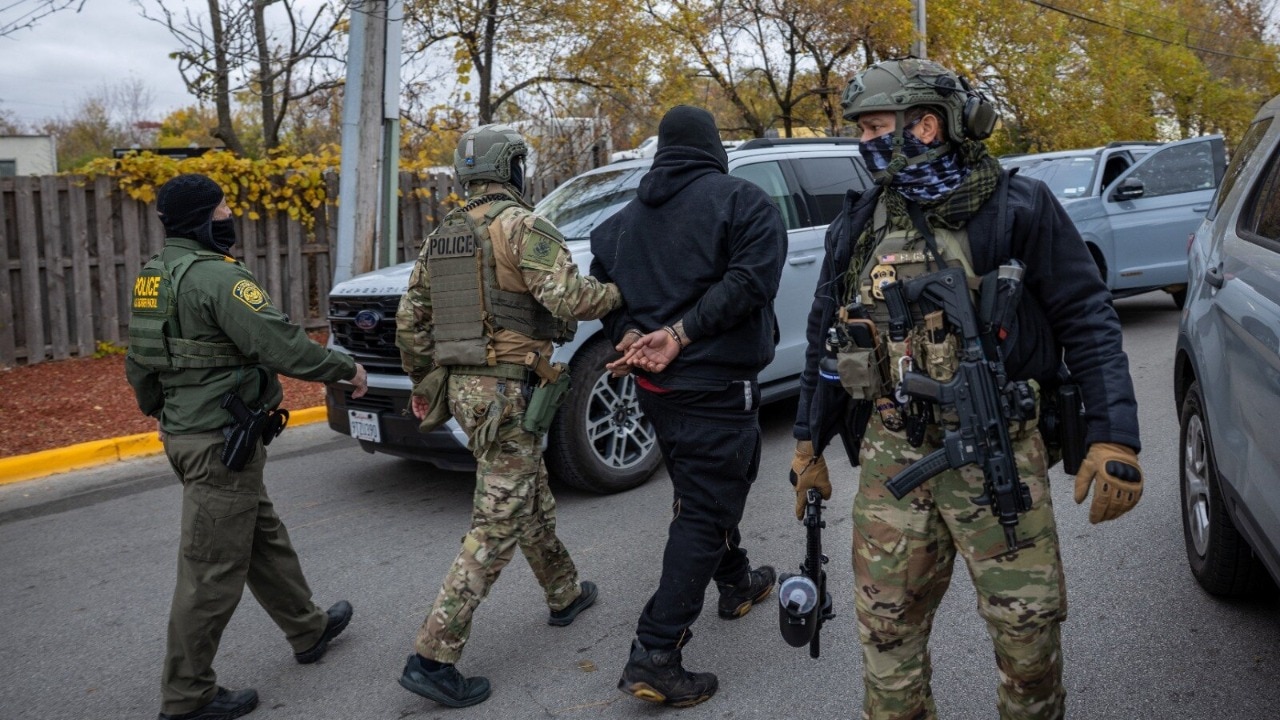The frequent derailment of the Jaffar Express by Baloch rebels has come as an embarrassment to Islamabad, forcing Pakistani railway minister Hanif Abbasi to accuse India of orchestrating the attacks. Abbasi claimed that the train derailings were India's retaliation for Pakistan's alleged success in the four-day mini-war in May.

Pakistani minister Hanif Abbasi blamed India for Jaffar Express derailment that left several injured on Tuesday. (Images: Hanif Abbasi/Facebook)
A day after Pakistan's Jaffar Express derailed following a blast on a railway track in the nation's Sindh province, its Minister of Railways, Hanif Abbasi, alleged Indian involvement in the repeated attacks on the Jaffar Express. He claimed that "India couldn't digest its defeat" during a four-day mini-war and "is now using proxies to target Pakistan's infrastructure".
However, the minister did not provide any proof to back his claim.
The Tuesday blast marks the seventh such attack on the Jaffar Express this year. The train operates between Balochistan's Quetta and Khyber Pakhtunkhwa's Peshawar. The deadliest incident occurred in March when militants hijacked the Jaffer Express and killed 21 hostages. Since then, attacks on the same train have continued.
Abbasi accused India of "orchestrating the attacks through militant proxies".
"The terrorists targeting Jaffar Express again and again are, in fact, proxies of India that is not ready to digest and bear the defeat it faced during operation Bunyan Al Marsoos," the Karachi-based Dawn quoted Pakistan minister Abbasi as saying. "These incidents are cowardly acts of India, which is still feeling the pain of wounds it received during the May war," he further claimed.
Abbasi tries to whitewash the fact that the derailments have been the job of Baloch rebels, who are home-grown and a result of Pakistan's exploitation of Balochistan's mineral resources while keeping the people poor.
ABBASI'S JAFFAR EXPRESS CLAIMS PART OF PAK'S FALSE NARRATIVE
Despite pleading for a ceasefire and witnessing its key defence assets being systematically dismantled by India's precision strikes, Pakistan has claimed victory to save its face. Hassan's latest statement is just another chapter in this ongoing narrative.
Earlier this week, Director General of ISPR, Lt General Ahmed Sharif Chaudhry claimed that China-made weapons performed "exceptionally well" during the four-day mini-war with India.
General Chaudhary's claims ring hollow in the face of the evidence. China's much-touted PL-15 missile was neutralised with ease, while Indian-made weaponry delivered decisive blows during Operation Sindoor.
Though Pakistan's Minister did not present direct evidence to support his claims, he said the pattern of repeated sabotage, especially along routes connecting to Balochistan, pointed to foreign involvement.
Tuesday's explosion occurred near Somarwah, close to Sultan Kot in Shikarpur district of Sindh.
Sindh Chief Minister Murad Ali Shah condemned the incident and sought an enquiry report from the police chief, the Dawn reported.
Last month, a blast on the railway track in Dasht area of Mastung, Balochistan, destroyed one coach of Jaffar Express and derailed six others, leaving 12 passengers injured.
On August 10, four people were injured when an improvised explosive device derailed six coaches of the train in the Mastung district, news agency PTI reported.
On March 11, the Jaffar Express was hijacked, resulting in the deaths of dozens of people, which included security personnel. Security forces in a targeted operation killed 33 militants involved in attacking the train and rescued 354 hostages.
Ethnic Baloch militant groups have taken responsibility for carrying out such attacks.
PAKISTAN ARMY MAKES HOLLOW CLAIMS
Lieutenant General Ahmed Sharif Chaudhry, in the Bloomberg interview, claimed that Pakistan had shot down seven Indian fighter jets, raising the tally, while saying none of the Pakistani jets were downed by India.
Despite Pakistan's tall claims about the performance of Chinese-made weapons during the four-day war in May, Operation Sindoor exposed their severe limitations.
For the first time, Indian Air Force Chief AP Singh offered a clear account of Pakistan's setbacks during Operation Sindoor, revealing last week that India had taken out 8–10 Pakistani fighter jets — including American F-16s and Chinese-made JF-17s in the May clashes.
The IAF chief dismissed claims about Indian jets being destroyed, calling them "Manohar Kahaniyan" (fascinating tales) by Pakistan.
Indian systems like the Akashteer air defence network and BrahMos missiles showcased remarkable precision and impact, breaching fortified targets with ease.
Operation Sindoor highlighted the shortcomings of Chinese military platforms as Indian forces downed 8–10 Pakistani jets, many of them equipped with Chinese technology.
Despite Pakistan’s public claims of success, the on-ground reality reflected India’s strategic and technological edge. The effectiveness of India’s homegrown arsenal not only reinforced its regional dominance but also cast serious doubt on the combat reliability of Chinese defence exports.
- Ends
Published By:
Gaurav Kumar
Published On:
Oct 8, 2025
Tune In

 1 month ago
1 month ago



